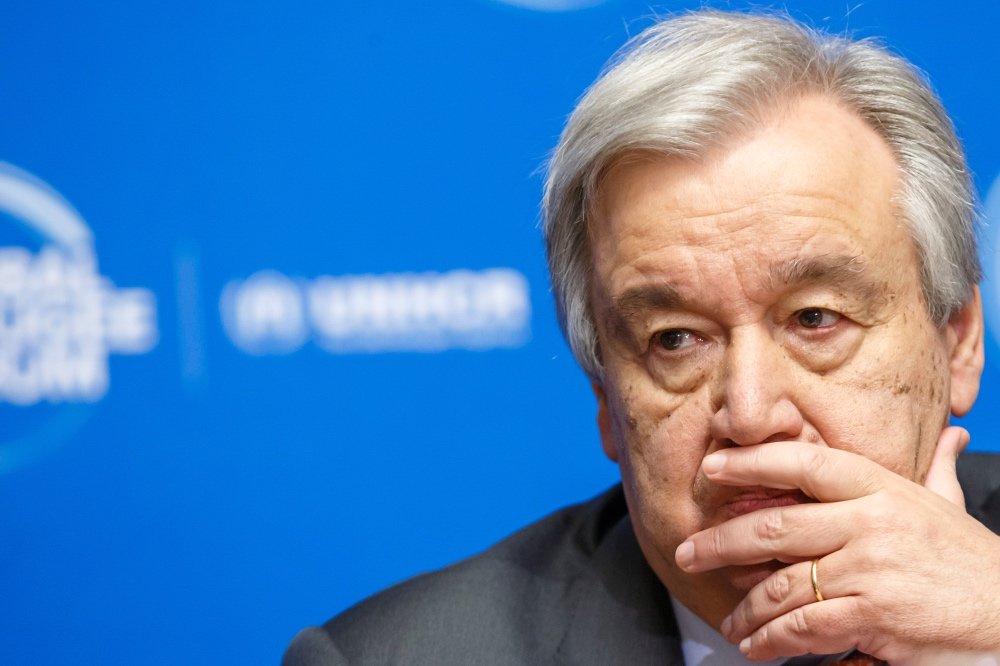UN Secretary-General Antonio Guterres urged religious leaders on Tuesday to challenge “inaccurate and harmful messages” that are fueling rising ethno-nationalism, stigma, hate speech and conflict as the coronavirus pandemic circles the globe.
The UN chief warned a video meeting on the role of faith leaders in addressing the challenges of COVID-19 that “extremists and radical groups are seeking to exploit eroding trust in leadership and feed on people’s vulnerability to serve their own ends”.
He called on faith leaders to promote solidarity based on human rights and human dignity as well as social cohesion, mutual respect and understanding.
Religious leaders can play “a pivotal role” in their communities and beyond “to deliver solutions to not only address the pandemic, but to recover better,” Guterres said, and they can encourage all communities “to promote non-violence and reject xenophobia, racism and all forms of intolerance”.
The meeting, organised by Morocco’s UN Ambassador Omar Hilale, was also addressed by Catholic, Jewish and Muslim religious leaders and other UN officials involved in promoting inter-religious harmony.
Citing an “alarming increase in violence against women and girls” as the pandemic spreads, Guterres appealed to religious leaders “to categorically condemn such acts and support shared principles of partnership, equality, respect and compassion.”
He also called on the leaders to fight against disinformation and misinformation about COVID-19 by using their networks and communications to promote World Health Organization recommended measures to prevent the spread of COVID-19 including physical distancing and good hygiene. And he urged them to ensure that worship, religious ceremonies and burial practices, “comply with these measures”.
Miguel Moratinos, high-representative for the United Nations Alliance of Civilization, noted that religious practices and rituals that have been curtailed during the pandemic are “triggering debates among faith communities around religious rights.”
Read the article by Edit M Lederer in Sight Magazine.

